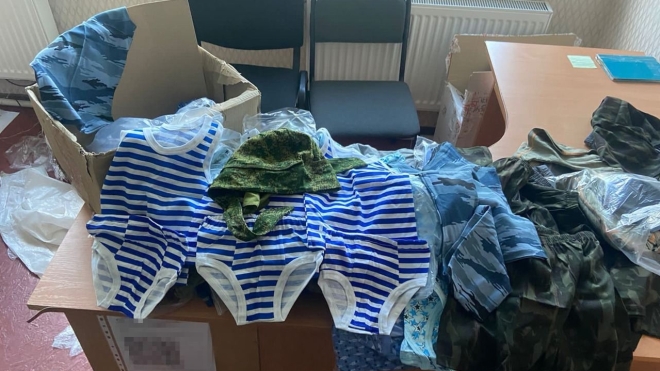American defense strategist Benjamin Jensen writes about attacks on civilian infrastructure as an integral part of modern Russian war theory in an essay on The Conversation. Attacks on infrastructure began before February 24 and are likely to intensify in the future ― because this is a way in which Russia sees an opportunity to gain an advantage and compensate for losses on the battlefield. Cyber operations against infrastructure, damaging cables, jamming GPS and attacking power grids are important parts of Russiaʼs war theory, Jensen writes. The main effect expected from such operations is psychological. Damage to infrastructure is expected to reduce the motivation of the population and political leaders to resist. Also, to implement this, it is not necessary to actively involve ground forces. Jensen examines the chronology of Russian attacks throughout the full-scale war, from the seizure of the ZNPP to attempts to destroy key dams. It is likely that the attacks are currently spreading beyond the borders of Ukraine: yes, many suspect that the damage to the Nord Streams was caused by Russia itself, and was nothing more than a threat to Ukraineʼs allies on the eve of a cold winter.
CNN writes about the newly appointed commander of Russian forces in Ukraine, Sergei Surovikin. His military career began in 1983, and in 2004, the Russian mass media wrote that he scolded his subordinate so much that the latter committed suicide. In a 2020 Human Rights Watch report, Surovikin is named as a person who may be responsible for dozens of attacks on civilian targets in the Syrian city of Idlib. For his "services" in Syria, Surovikin was awarded the title of Hero of the Russian Federation. A former subordinate of Surovikin, who has now fled Russia, says that he is very close to the Putin regime and probably has no political ambitions so he obediently follows the instructions of his superiors. Surovikinʼs appointment drew support from the "nationalist and pro-war" circles of the Russian Federation, the publication writes. In particular, Ramzan Kadyrov and Yevgeniy Prigozhin congratulated the appointment. Institute for the Study of War analyst Mason Clark says that the arrival of a new leader is unlikely to change the situation on the battlefield, because tactical decisions on the battlefield are at least partly made by Putin. If Putin is not satisfied with the way Surovikin performs the task, Russia wonʼt have many candidates to replace him, which will lead to further degradation of the Russian military campaign in Ukraine, Clark writes.
The Guardian writes that Western officials are preparing in case Russia launches a nuclear strike. The publicationʼs source says that this option is still considered unlikely, but governments are developing plans to mitigate the publicʼs reaction to such a terrible event. In particular, these plans are about preventing panic purchases, mass flight from cities, and setting emergency support for frightened citizens. Information campaigns on how to survive a nuclear attack were widely distributed during the Cold War, the publication writes. They have been criticized for suggesting that a nuclear war could be survivable, but they were primarily aimed at preventing panic and fear among citizens.
